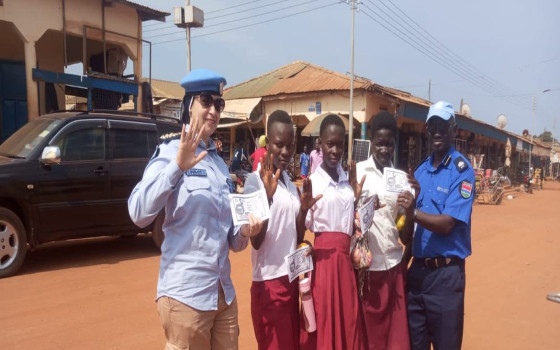
An Egyptian officer in southern Sudan: Peacekeeping forces send reassurance in the hearts of people

- Europe and Arabs
- Thursday , 30 May 2024 14:16 PM GMT
New York - South Sudan: Europe and Arabs
Amani Harisha, an Egyptian peacekeeping police officer, who works with the United Nations Mission in South Sudan known as (Anames), said that the presence of peacekeepers in the country is reassuring in the hearts of people, noting what she described as "mutual trust" between peace memorization and local community members. According to Magia, the United Nations daily news bulletin, which added that Amani Harisha is a police dean and is currently working as a civil police control in the United Nations Peacekeeping Mission in South Sudan (Unmes). She had previously worked in the joint operation of the African Union and the United Nations in Darfur (UNAMID).
Amani Harisha brings to the field of peacekeeping long experience in the field of police, extending for about twenty -three years, as well as her legal background in the field of human rights and international law. She said that her deep belief in the United Nations Charter and the importance of peacekeeping forces prompted them to join these forces.
She added that peace has existed in human nature from the hour of the creation of man, and that all ancient civilizations were loving peace and rejecting violence.
On the occasion of the International Day of the Memorial Warks, Amani Harisha says to her colleagues: "Continue your work to achieve peace and to change the lives of individuals who were subjected to violence and conflicts." She gave a special greeting to her colleagues from the keepers of peace who sacrificed their lives in order to enjoy millions of people with freedom and live in peace.
In an interview with United Nations news on the occasion of the International Day, Dean Amani Harisha spoke about the tangible impact that the peacekeeping mission in South Sudan had on the lives of people and how it contributed to protecting their lives, property and human dignity.
Mani Harisha: I am the Dean of Amani Harisha Police from Egypt. I work as a civil police control at the United Nations Peacekeeping Mission in South Sudan (Unmes). I have a previous experience in the joint operation of the African Union and the United Nations in Darfur (UNAMID), during 2019 and 2020, when I worked in the Khartoum Communication Office and this is my second participation.
Very proud of this interview and I take this opportunity to salute all peace memorization worldwide on the occasion of the International Day of Peace Working, the owners of blue hats, a greeting to them all over the world, and a special greeting to our colleagues who sacrificed their lives for peace, and I tell them you sacrificed your souls in order to save the souls Millions of people, we will not forget what we have remained alive, and the whole world will not forget you, because your souls saved millions of people worldwide.
Working in peacekeeping is not just a job or profession. I consider it an opportunity that is not alone, but for every memorization of peace with the aim of changing the course of the lives of millions of people by protecting their lives, and by preserving a decent life for them, by laying the foundations for sustainable development for the peoples that were exhausted by the scourge of wars and conflicts.
United Nations News: When did you join the Unamis mission in South Sudan, and what prompted you to join it?
Amani Harisha: I joined the Unamis Mission at the end of April 2023. My great love for peace and peacekeeping operations was what prompted me to do so. I have a long experience that extends for about twenty -three years in the police field
I have a legal background in the field of human rights and international law, and is very secure in the United Nations Charter, and is very believing in the importance of peacekeepers in conflict areas, and is believed in the role of women, especially in conflict areas, because the most affected by conflict is always women, children, the elderly and those with special needs.
And I am talking to the Arabic language, I felt that I could help women in southern Sudan because they will definitely feel comfortable while talking to me, to help them and find them solutions to the problems they face, and I will encourage them, especially since I work in West Equatorial State, which is one of the states that fall within the scope of conflicts, Where a kind of gender -based sexual violence occurs, and my role is that I encourage women to report these cases and not tolerate them, so that the perpetrators are arrested, and for everyone to be deterred by the same as the perpetration of these actions. I meet women in the local community, and they feel comfortable and I am talking to them in the same language.
We have different experiences, different background
Thus, I am very secure in the role I play with the peacekeeping forces. I also make visits to the local community and schools, and I educate children about their rights, and the importance of education, of the danger of early marriage, to report immediately about any violation of their rights they are exposed to. I believe in the idea of peace and that peace is not a one -party act, and not an individual act, but rather a collective work.
I work here with an integrated team, with my colleagues, peace memorization from all over the world, we have different experiences, and different backgrounds, but the goal is the same, which is to build peace and stability, and lay the foundations for sustainable development in areas affected by conflicts. We support internal institutions to restore their work.
For me as a police officer, I support the local police with all the experiences I possess through my work in the police in Egypt, and I transfer these experiences in the field of human rights, and in the field of international law through lectures and through technical advice and field visits I do to the police departments and through workshops a job. All this in order to transfer our experiences - whether police or legal - to restore the construction of all state institutions, God willing.


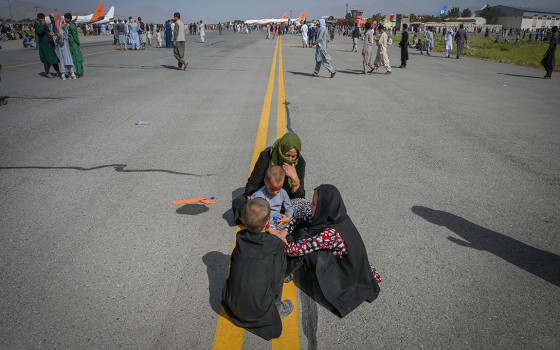
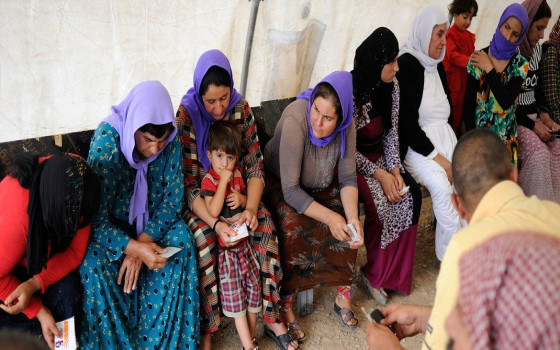
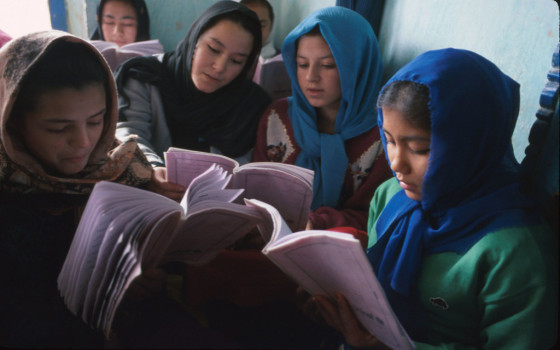
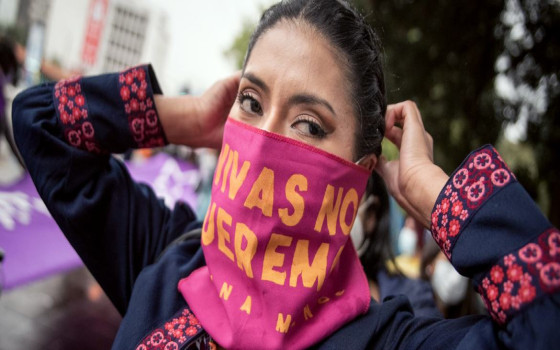
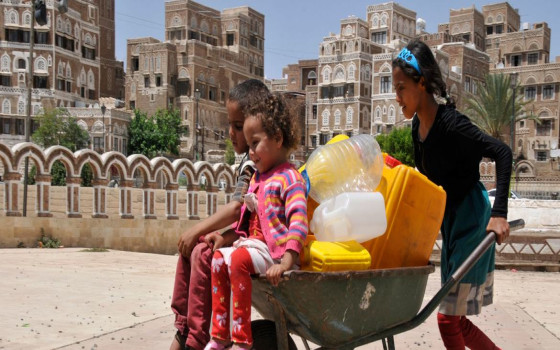
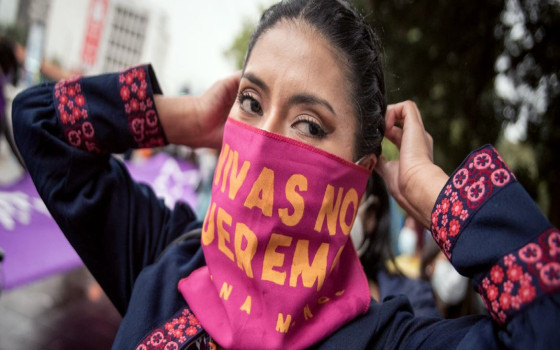
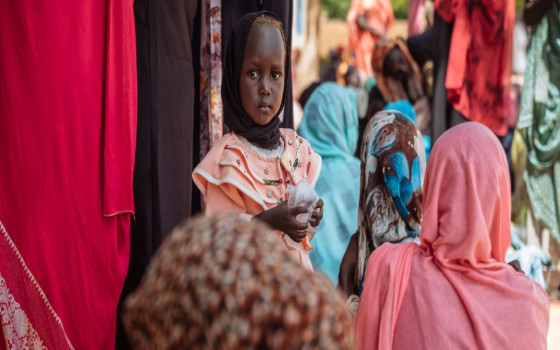
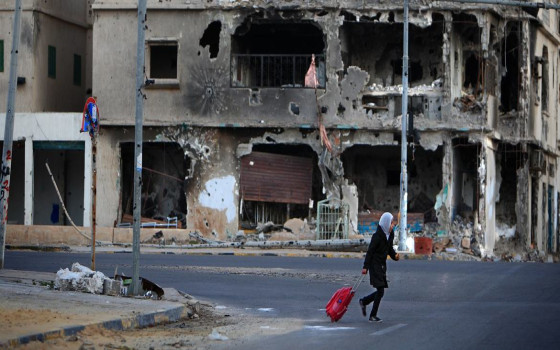
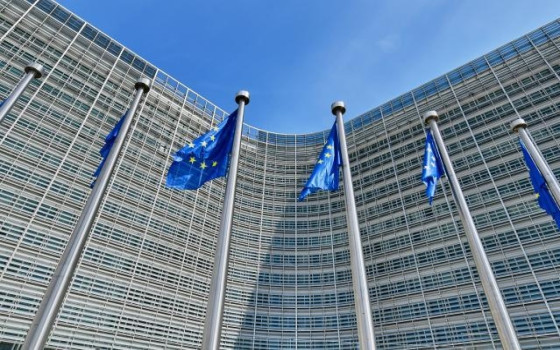
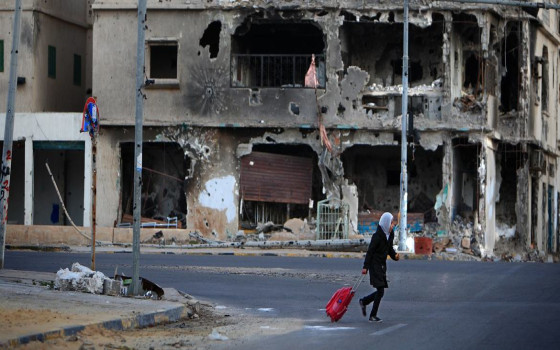
No Comments Found